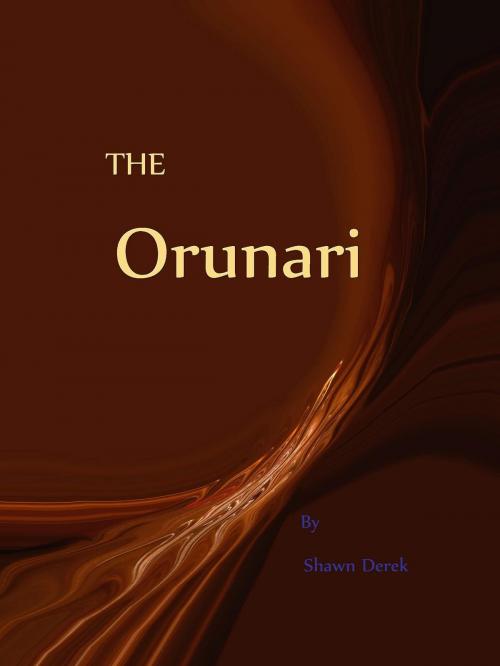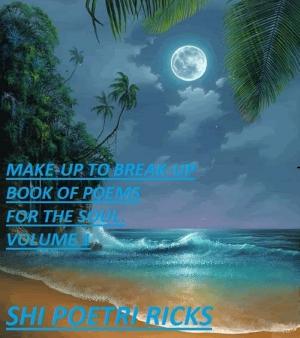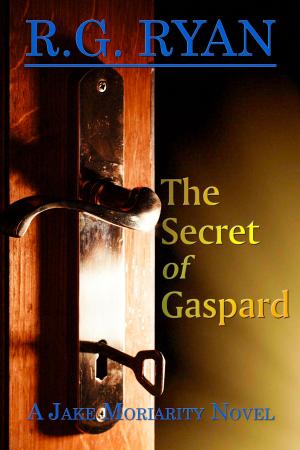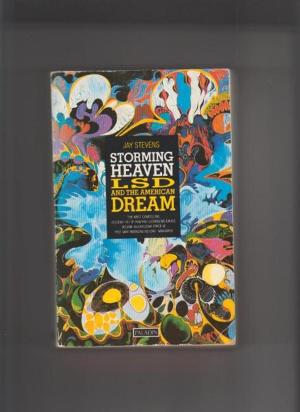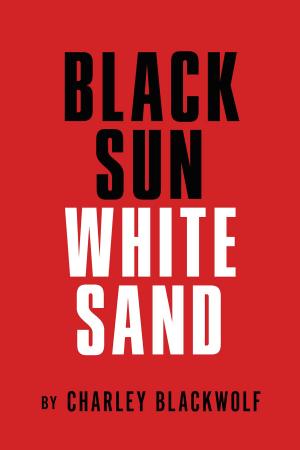| Author: | Shawn Derek | ISBN: | 9781483514314 |
| Publisher: | BookBaby | Publication: | December 2, 2013 |
| Imprint: | Language: | English |
| Author: | Shawn Derek |
| ISBN: | 9781483514314 |
| Publisher: | BookBaby |
| Publication: | December 2, 2013 |
| Imprint: | |
| Language: | English |
"The Orunari" is a collection of short stories and poems exploring the mysteries of life. The word "Orunari" is a reference to a fictional ancient people that appear throughout the book. The first poem sets the platform for the entire piece - connecting the ancient culture to our present day fears and desires. Archaeology, mythology, and psychology are represented due to the influence of Joseph Campbell (The scholar who wrote "Hero With A Thousand Faces", "The Mystic Image", etc.) Readers of Campbell's work will recognize the themes examined in "The Orunari". However, any reader will enjoy the book regardless of their familiarity with Campbell. The poems are straightforward in their themes. The short stories often drift into the esoteric. Yet, they will remind the reader of old fables and classic mythology. Human imagination is probably the greatest mystery of all. The ability to explain the world and its forces through the application of anthropomorphic gods and demons is a power that the ancients used well. Even in the present day, human imagination constantly defines the world we live in. It could be argued that the world is constantly being created by our application of this power. The poems and short stories reflect this idea and the implications that follow. We are creatures with a past that we were told in hundreds of different stories spanning innumerable cultures and time frames. The mythologies of the ancient cultures still influence our mindset today. Even more, the reason for the mythologies present an ominous question - were they a cover for what we could not possibly know? The mystery of our place on this blue sphere. "If it were not for the mystery, there would be no stories to tell" is a selection from the book. It celebrates a world where nothing is clearly defined and the answers precipitate more questions. We are not heirs to an immaculate white room with discernable walls, ceilings, and floors. We all ride on that magic train - staring out a window that always changes. The divide of time in which we are present, who can predict? "The Orunari" will take you there - to that place where the world is what you choose to imagine it.
"The Orunari" is a collection of short stories and poems exploring the mysteries of life. The word "Orunari" is a reference to a fictional ancient people that appear throughout the book. The first poem sets the platform for the entire piece - connecting the ancient culture to our present day fears and desires. Archaeology, mythology, and psychology are represented due to the influence of Joseph Campbell (The scholar who wrote "Hero With A Thousand Faces", "The Mystic Image", etc.) Readers of Campbell's work will recognize the themes examined in "The Orunari". However, any reader will enjoy the book regardless of their familiarity with Campbell. The poems are straightforward in their themes. The short stories often drift into the esoteric. Yet, they will remind the reader of old fables and classic mythology. Human imagination is probably the greatest mystery of all. The ability to explain the world and its forces through the application of anthropomorphic gods and demons is a power that the ancients used well. Even in the present day, human imagination constantly defines the world we live in. It could be argued that the world is constantly being created by our application of this power. The poems and short stories reflect this idea and the implications that follow. We are creatures with a past that we were told in hundreds of different stories spanning innumerable cultures and time frames. The mythologies of the ancient cultures still influence our mindset today. Even more, the reason for the mythologies present an ominous question - were they a cover for what we could not possibly know? The mystery of our place on this blue sphere. "If it were not for the mystery, there would be no stories to tell" is a selection from the book. It celebrates a world where nothing is clearly defined and the answers precipitate more questions. We are not heirs to an immaculate white room with discernable walls, ceilings, and floors. We all ride on that magic train - staring out a window that always changes. The divide of time in which we are present, who can predict? "The Orunari" will take you there - to that place where the world is what you choose to imagine it.
